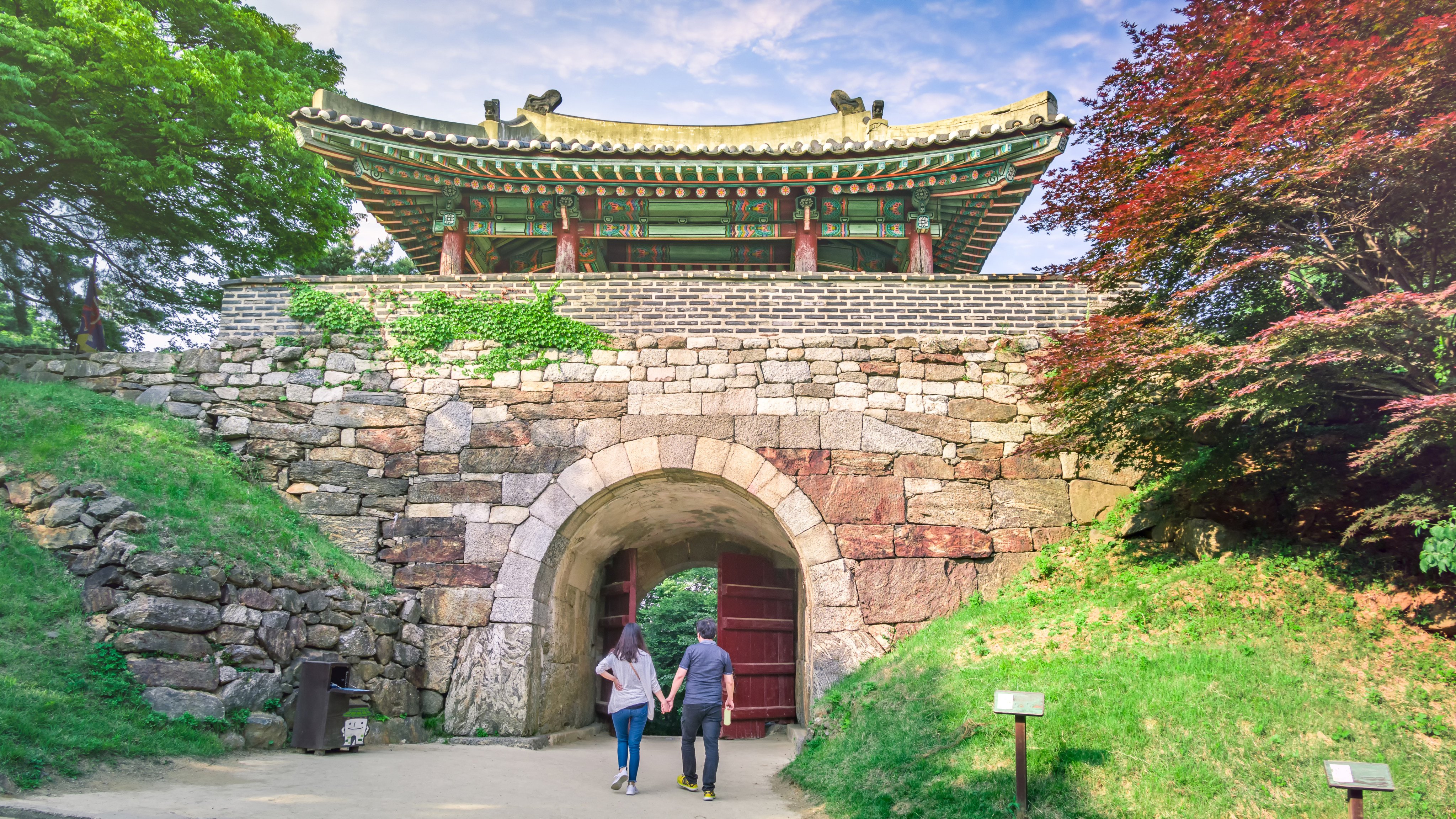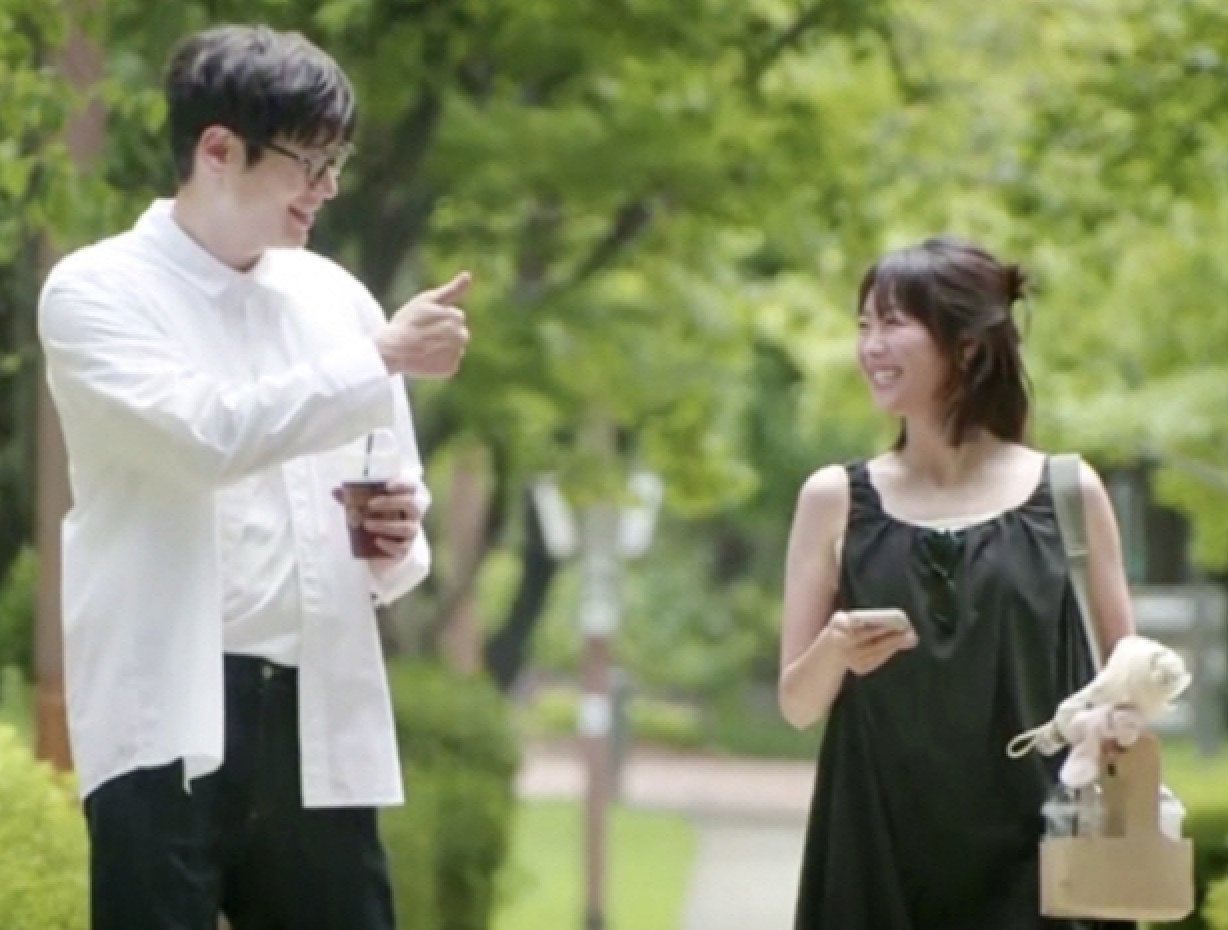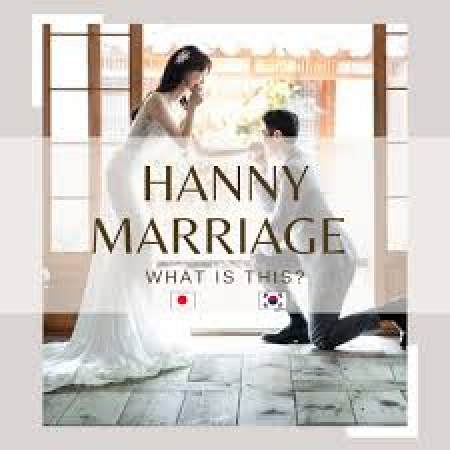Reel to real romance: more Japanese women find love with South Korean men
There were 1,176 such marriages last year, a significant rise from 2023

An increasing number of Japanese women are marrying South Korean men, as the influence of K-dramas, rising economic parity and the spread of both online and offline matchmaking services reshape cross-border romance across the Sea of Japan.
South Korean government data recorded 1,176 such unions last year – a 40 per cent rise from 2023 – while just 147 marriages were registered between South Korean women and Japanese men.
These marriages stand out amid a long-term decline in South Korean nuptials. While total marriages have dropped by nearly 30 per cent over the past decade, international unions have steadily grown over the last three years, accounting for around 10 per cent of all weddings in 2024.
For many couples, the starting point is cultural curiosity. Japan’s hallyu (Korean wave) fascination has been growing since the early 2000s, when K-dramas such as Stairway to Heaven and Jewel in the Palace aired to widespread acclaim. More recently, a younger generation immersed in K-pop, Korean fashion and online language exchanges has embraced deeper personal connections.

That cultural exchange has also played out on television. Premarital Love, a Korea–Japan dating show that premiered in September last year on Korea’s MBN and Japan’s Abeema TV, pairs Japanese women with South Korean men on unscripted dates. The show quickly drew attention for its cross-cultural chemistry and strong viewer engagement, with early episodes generating buzz on South Korean forums for the couples’ natural rapport and relatability.
“The show is based on the phenomenon of how the hurdles for Japan–South Korean romance have been lowered,” Seo Hye-jin, head of production company CReA Studio, told Nikkei Asia.
Other shows have struck similar chords. The 2023 Japanese drama Eye Love You, which follows a romance between a Japanese woman and a Korean man, stayed in Netflix Japan’s top 10 for five consecutive weeks. Critics credited the show with helping to soften lingering stereotypes and sparking fresh curiosity about Korean partners among Japanese audiences.
Social media has further amplified these trends. YouTube channels featuring Korean–Japanese couples, such as Tomo Tomo, Jeju-Couple and Kuki Couple, now have hundreds of thousands of subscribers. Their day-in-the-life videos blend affection, cultural exchange and humour, offering viewers a steady stream of normalised, aspirational cross-border love.
‘Feel cherished’
Korea-based consultation firm Hanny Marriage, launched last year by a Japanese woman and her South Korean husband, has seen demand surge. Co-founder Kim E-ri, who began studying Korean after becoming a fan of K-pop megastars BTS, met her husband through a language exchange platform.
The couple launched the service after noticing growing interest among South Korean men in finding Japanese partners, and now report near-daily inquiries from prospective clients.
In a blog post, Hanny Marriage noted that many Japanese women describe Korean men as openly affectionate and communicative – qualities they find comforting. One Japanese woman cited in the post said her husband messaged her every morning and night with greetings and thanks, adding: “It makes me feel cherished every day.”
Economic dynamics are also playing a role. South Korea has overtaken Japan in nominal gross domestic product per capita in recent years, and average male earnings have largely equalised. This has levelled the dating field in terms of economic expectations, especially for Japanese women previously reluctant to settle abroad.

Wedding professionals echo the shift. Han Ji-eun, a Seoul-based wedding planner who has arranged nearly 2,000 South Korea–Japan marriages since 2011, said that such couples used to date for years before getting married, whereas recently many couples have married after just a few months of knowing each other.
“They know enough about the culture because they travel frequently [to South Korea] prior to their marriage,” she told Nikkei Asia.
Unhandled type: inline-plus-widget {“type”:”inline-plus-widget”}
In Tokyo and Osaka, more than 50 Japan–Korea dating events are now held monthly, with the “Japanese women × Korean men” format regularly selling out within minutes, according to event organiser Ukiyo Journal. Post-event surveys show nearly half of participants arrange follow-up dates.
The rise in Japan–Korea unions comes amid a reversal in South Korea’s long-term marriage slump. While total marriages have fallen by nearly 30 per cent over the past decade, 2024 saw a nearly 15 per cent year-on-year increase in weddings – the sharpest annual jump since records began in 1970.
That uptick appears to have contributed to a modest but notable rise in the fertility rate, which climbed from 0.72 to 0.75 births per woman, marking the first increase in nine years, according to Statistics Korea.